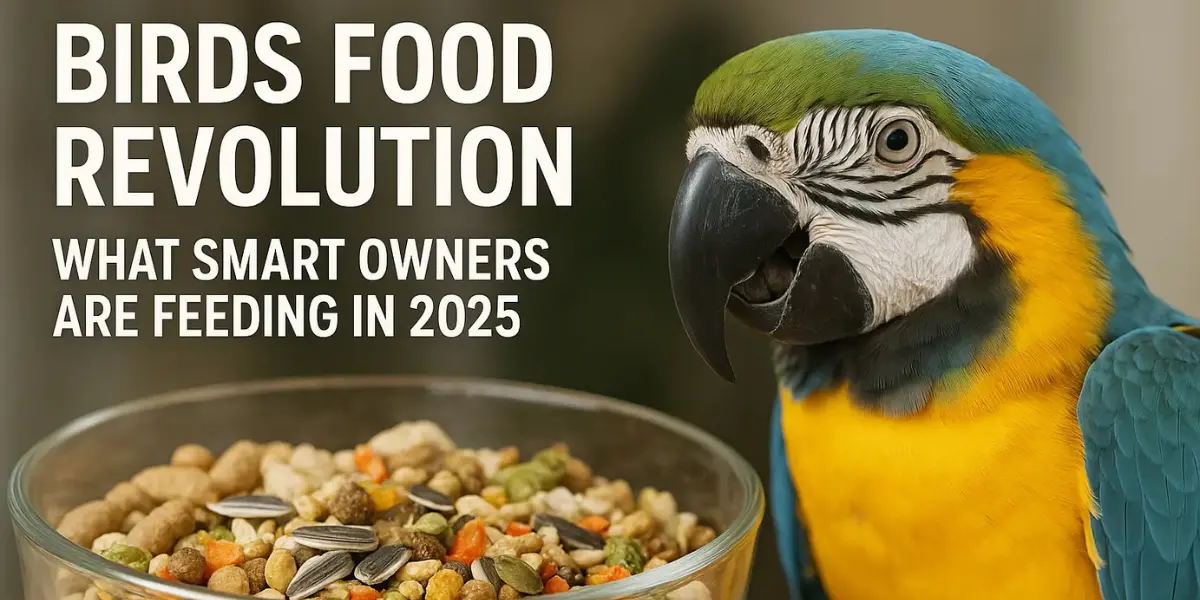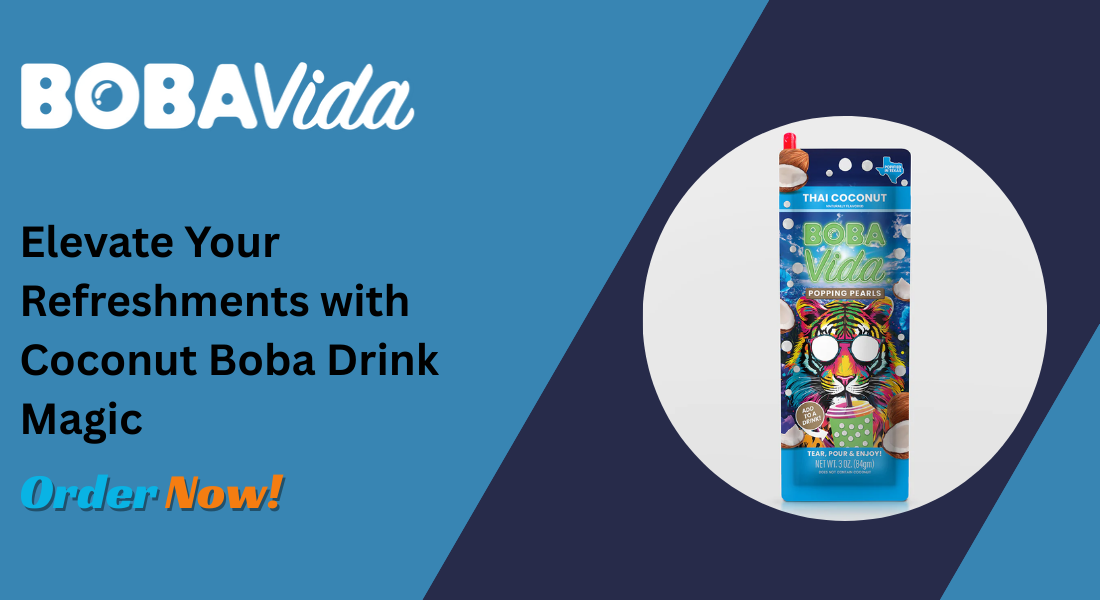In 2025, the world of Birds Food is transforming faster than ever before. As avian research advances and pet owners become more educated and intentional about their bird’s health, a new era in bird nutrition has emerged. From species-specific diets to organic ingredients and nutrient-packed blends, modern bird food is far from just seeds in a bowl. In this comprehensive guide, we explore the evolution of bird nutrition, what responsible owners are feeding their pets today, and how brands like Kwik Pets are leading the revolution.
Why the Shift in Birds Food?
The traditional seed-based diet has long been a staple for pet birds, but experts have been raising concerns about its limitations. Seeds often lack key nutrients and can lead to health problems such as obesity, vitamin deficiencies, and fatty liver disease. The shift toward scientifically balanced, nutrient-dense foods has been fueled by:
- Veterinary research highlighting long-term health risks
- Increased awareness about bird behavior and natural diets
- Rising demand for organic and natural pet products
- Customization in diets for various species and life stages
As a result, the Birds Food industry is booming with innovation—and bird owners are taking notice.
What Smart Bird Owners Are Choosing in 2025
1. Pellet-Based Nutrition
Unlike basic seed mixes, pellets are formulated to provide complete nutrition in every bite. They prevent selective eating and help ensure birds receive essential vitamins and minerals.
- Look for pellets that are free from artificial colors and preservatives.
- Species-specific pellets are now widely available and are tailored to meet the needs of parrots, finches, cockatiels, and more.
2. Fresh Fruits and Vegetables
Supplementing daily meals with fresh produce has become a key practice. Birds benefit from:
- Leafy greens like kale and spinach (rich in calcium)
- Bell peppers, carrots, and squash (vitamin A boosters)
- Fruits such as apples, berries, and bananas (served in moderation)
3. Specialized Small Bird Food
For owners of finches, canaries, lovebirds, and budgies, small bird food blends are making waves. These specially formulated mixes contain smaller pellets, grains, and seed varieties suited for tiny beaks and faster metabolisms.
Smart owners are switching to tailored small bird diets to ensure optimal health and energy levels.
Kwik Pets: Powering the Birds Food Revolution
Trusted by thousands of bird enthusiasts, Kwik Pets has become a go-to source for high-quality, vet-approved bird food. What makes them stand out?
- Wide variety of small bird food, exotic blends, and organic options
- Nutritional transparency – every product is clearly labeled
- Competitive pricing on premium brands and accessories
- Fast shipping and reliable customer service
Whether you’re new to bird parenting or a seasoned avian lover, Kwik Pets is a trusted partner in your bird’s health journey.
Tips for Transitioning to Healthier Birds Food
- Introduce new foods gradually to avoid digestive upsets.
- Mix new pellets with old seeds, slowly increasing the ratio over 2–3 weeks.
- Observe your bird’s behavior—any changes in droppings, mood, or appetite should be discussed with an avian vet.
- Make food interesting—use foraging toys to stimulate natural feeding instincts.
Common Birds Food Mistakes to Avoid
- Feeding only seeds as the main diet
- Ignoring species-specific dietary needs
- Offering spoiled or moldy fresh food
- Using human junk food or salty snacks as treats
- Not providing clean, fresh water daily
Being informed is the first step in ensuring your bird’s vitality and longevity.
Final Thoughts
In 2025, the Birds Food landscape has changed for the better. Today’s smart bird owners are no longer relying on outdated seed diets—they’re embracing holistic, science-backed nutrition. From small bird food to organic produce and pellet formulas, a balanced diet is now easier to access than ever. By partnering with trusted sources like Kwik Pets, you ensure your feathered companion not only survives—but thrives.
FAQs
Q1: Are pellets really better than seeds?
Yes, pellets are nutritionally balanced and prevent selective eating. Seeds can be part of a diet, but only in moderation and ideally as a treat.
Q2: Can I feed my bird table scraps or human food?
Only in rare, controlled amounts. Avoid foods with salt, sugar, caffeine, avocado, chocolate, and alcohol, as they are toxic to birds.
Q3: How do I know if my bird’s diet is working?
Watch for signs like bright feathers, high energy, normal droppings, and consistent weight. An avian vet checkup can confirm if your bird’s diet is on the right track.
Q4: What is the best small bird food?
Look for blends specifically labeled for budgies, canaries, or finches. Kwik Pets offers highly rated options from top avian brands.
Q5: Should I give my bird supplements?
Only under the guidance of a vet. If you’re feeding a complete, pellet-based diet, additional supplements are usually unnecessary.





